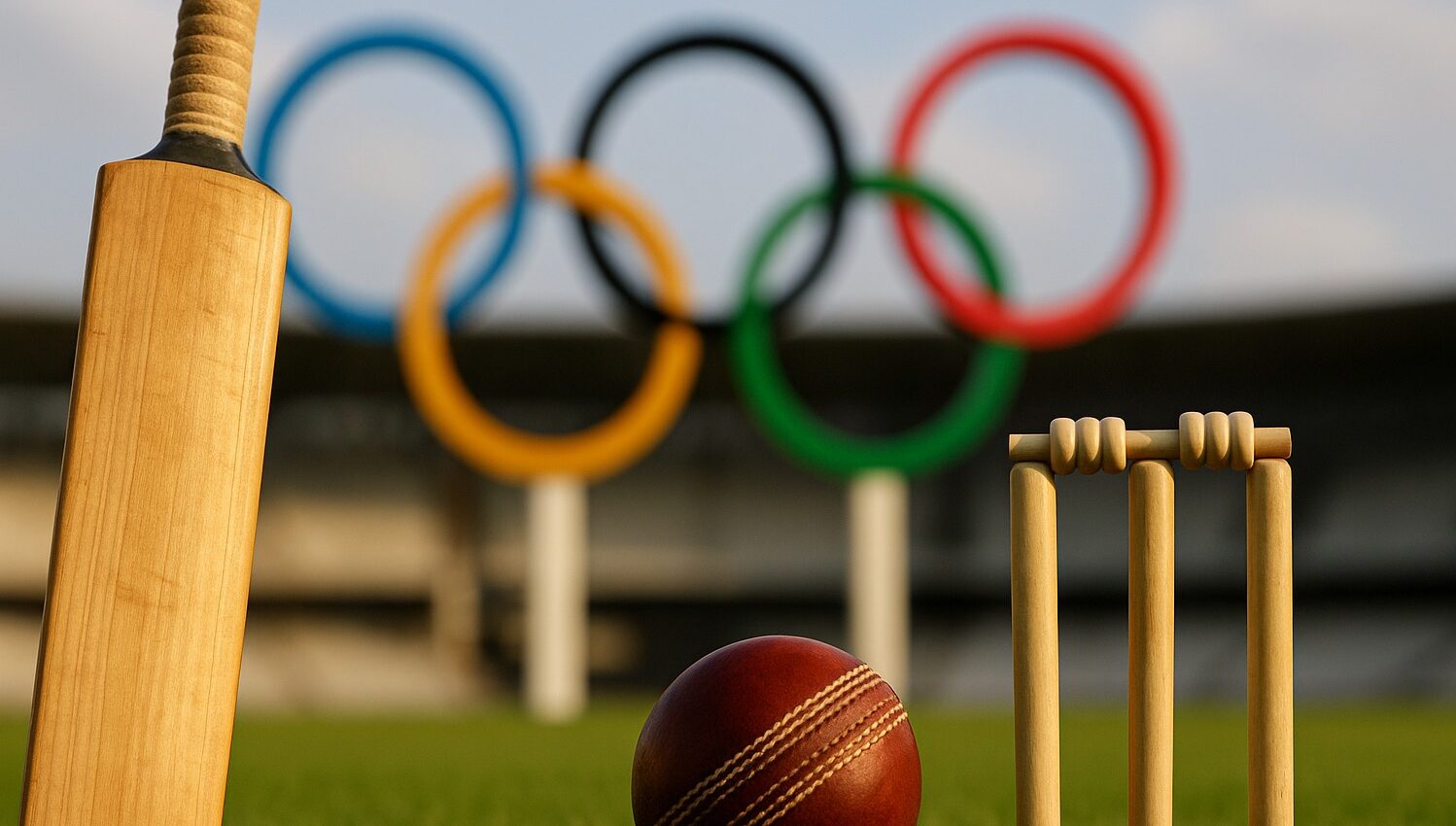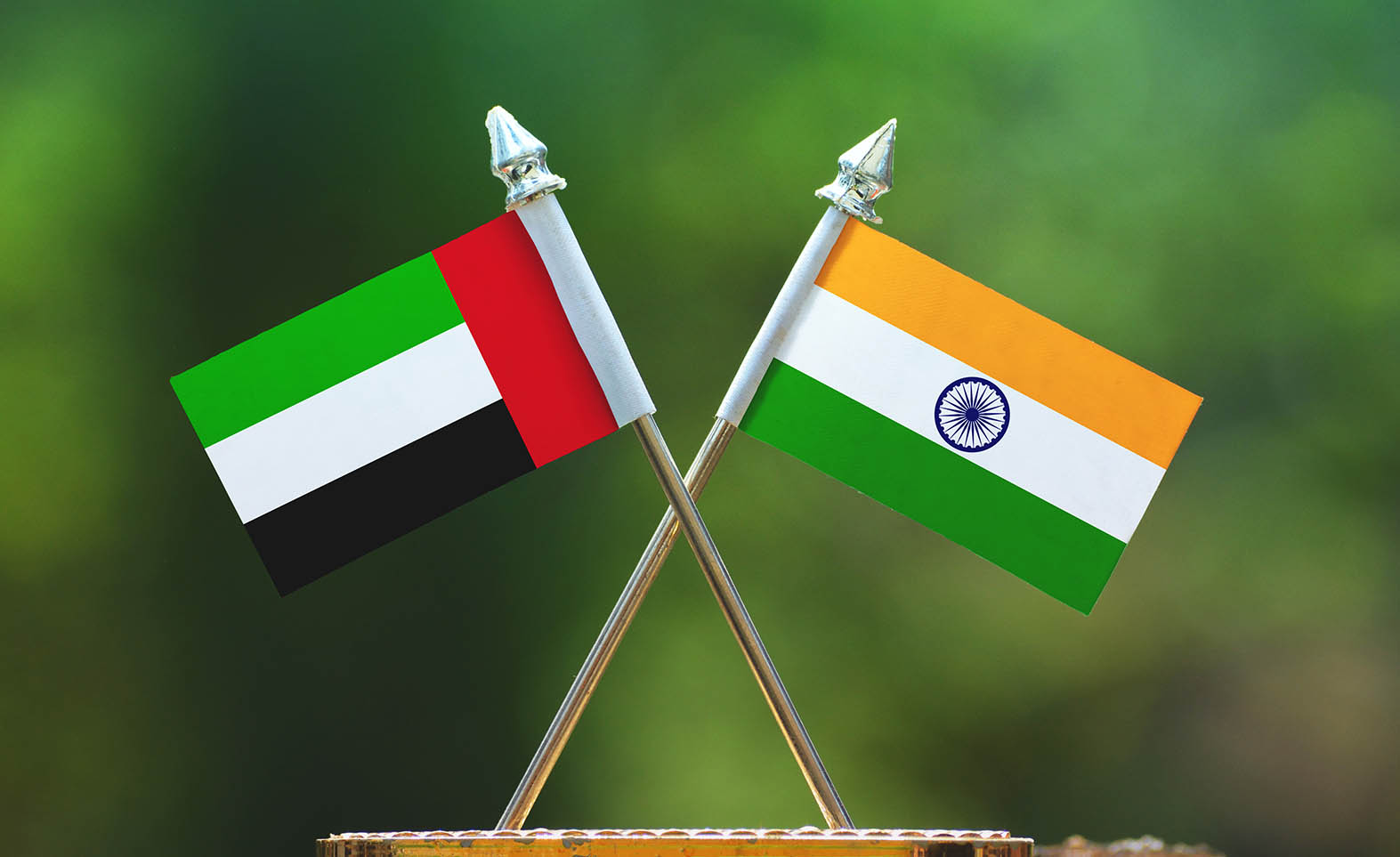After Pahalgam, Emotions Are High, But What’s at Stake Internationally?
The recent terror attack in Pahalgam has left the nation grieving. The pain is real. And so is the anger. It is only natural that there are strong calls for India to reconsider playing Pakistan in the upcoming Asia Cup 2025 match. For a country that has endured repeated provocations, such sentiment is not surprising.
But the decision to participate in a multilateral sporting event cannot be viewed in isolation. There is a broader picture and a longer game, that must be carefully weighed.
Asia Cup Is Not a Bilateral Series, It Is a Global Commitment
India has persistently declined bilateral cricket relations with Pakistan for over a decade, a stance based on strong political and popular consensus. But the Asia Cup is not bilateral. It is a multilateral event organized by the Asian Cricket Council (ACC), where there are several countries with a formal fixture setup.
Withdrawing from such an event at this stage may not simply be seen as a domestic statement. It could also be interpreted globally as a signal, about India’s stance on multilateral sports engagements when political tensions arise.
2026 T20 World Cup. 2036 Olympics. What Do We Want the World to See?
India is not only a sporting superpower in cricket. It is also a future host in waiting. The ICC Men’s T20 World Cup in 2026 is set to be co-hosted by India and Sri Lanka. More significantly, India is preparing an ambitious bid to host the 2036 Summer Olympics, with Ahmedabad proposed as the lead city.
Sporting bodies like the International Olympic Committee (IOC) and International Cricket Council (ICC) look beyond current events. They consider whether a nation can guarantee neutrality, professionalism, and participation under all conditions. Backing out of a multilateral fixture could raise uncomfortable questions: If India opts out of Asia Cup 2025 now, how will it manage political tensions while hosting global events?

These are not rhetorical questions. They are ones that international stakeholders are quietly noting.
Why Would Rivals Want India to Withdraw From Asia Cup 2025?
There is another dimension worth considering. In today’s geopolitics-infused sporting world, how India behaves is not just watched, it’s scrutinised and often spun.
Some nations may quietly welcome India’s absence from a marquee match. A forfeit provides a walkover. More than that, it provides a narrative: that India lets politics override its sporting responsibilities.
This allows critics to suggest that India, despite being the financial centre of global cricket, may not always play by the same rules. That India’s dominance is used selectively. It opens the door for rival boards to cast doubts on India’s future bids to host international events.
Is that the message we want carried forward?
BCCI and Team India: Global Ambassadors of Indian Soft Power
The Board of Control for Cricket in India (BCCI) represents more than just cricket. It is a key lever of India’s soft power. The financial gravity of Indian cricket, responsible for up to 80% of global cricket’s revenue, gives the country a voice that reaches far beyond the pitch.

But with power comes scrutiny. Every step India takes is magnified. If we disengage now, we risk not only the perception of withdrawal, but also of inconsistency.
Diplomacy on the Border. Discipline on the Field.
India continues to respond with resolve on matters of national security. There is no ambiguity in that stance.
But on the cricket field, a platform seen by millions around the world, India’s choice carries a different kind of symbolism. It is not about winning or losing. It is about showing steadiness, maturity, and commitment to global standards, even under immense internal pressure.
A Moment to Weigh, Not React
This isn’t about one game or the Asia Cup 2025, This is about how a new world power fulfills its role on the international stage. The issue isn’t whether we play, but what statement we make by not playing.
As India strives to be the venue for the next wave of international sporting events, this is a moment of reflection. Our actions today might come back to haunt us for years to come.
Also Read: Shubman Gill & Nike: The Fine Print of Cricket’s Sponsorship Game
























